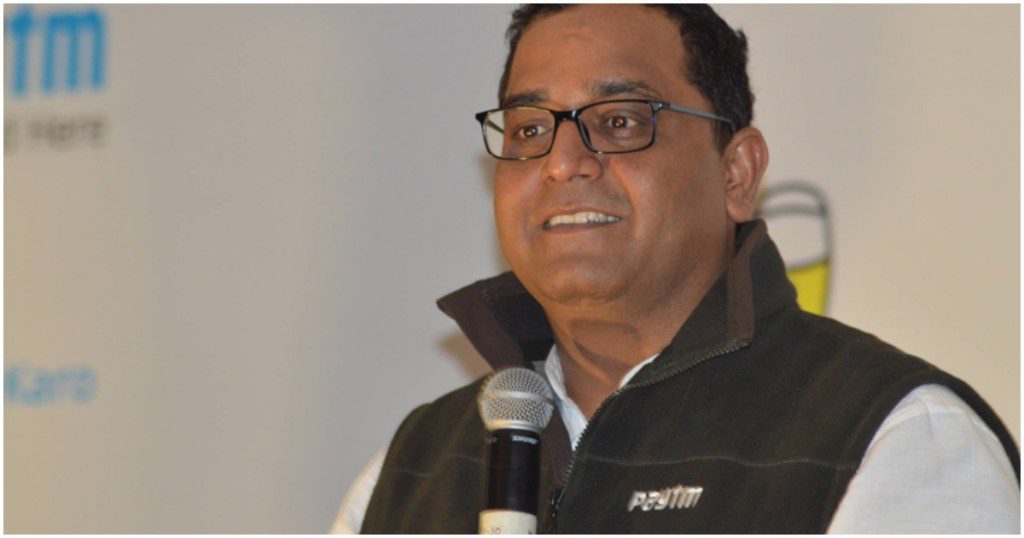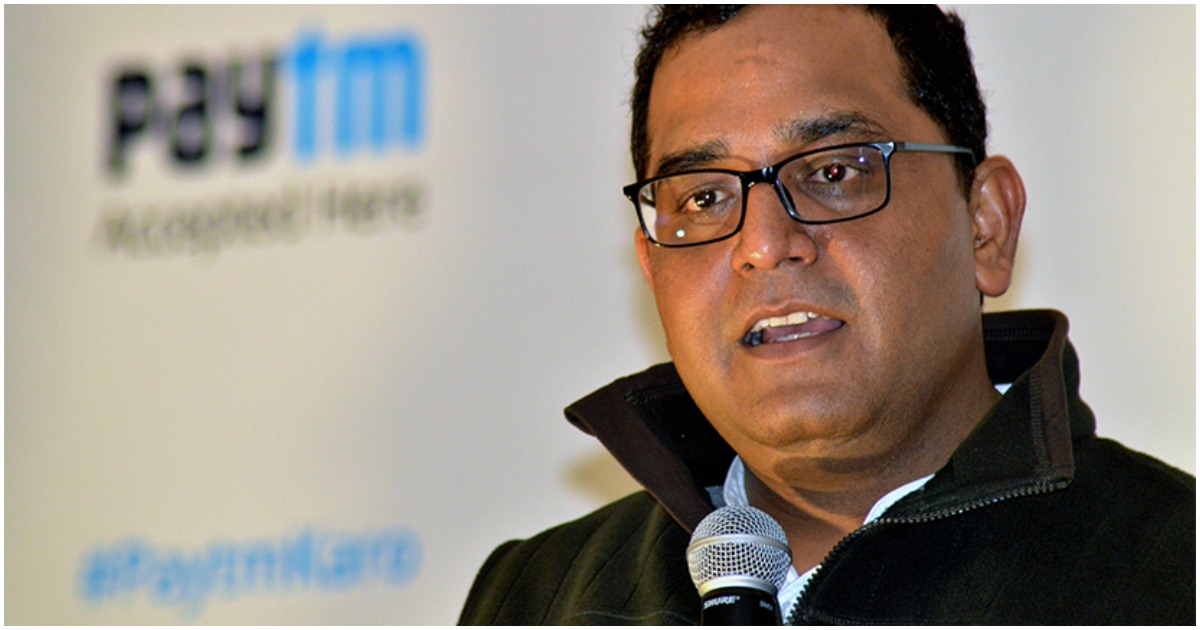It’s been nearly three years since Paytm went public, but the memory of the event still seems to rankle for CEO Vijay Shekhar Sharma.
Paytm CEO Vijay Shekhar Sharma has said that he regrets not choosing the right bankers for Paytm’s IPO. “I have been an entrepreneur long enough now. I have a regret of not choosing the correct bankers for the IPO,” he said at an event in Delhi.

“Bhagawan ke mandir mein jaane k liye, apko sahi pujari chahiye hota hai…shayad humne vo nahi choose kiya (To enter a house of god, you need the right priests too..we couldn’t choose those properly,” he said evocatively.
Paytm had gone public in November 2021 at a valuation of $21 billion, which had been significantly higher than its last private valuation of $16 billion. Back then, Paytm CFO Madhur Deora had said that they felt they’d left plenty of upside for IPO investors. “We could have priced the IPO higher if we wanted to but we thought that this is the right balance for making sure that the investors who come in the Paytm IPO should be treated very fairly” he had then said.
But Paytm had tanked on debut, and became the worst-performing large IPO anywhere in the world. Since then, the stock has steadily declined, at one point had fallen 80 percent below its IPO price. Sharma seemed to be suggesting that most of Paytm’s travails were caused by its bankers setting an overly expensive price for the stock, which the invested public found difficult to digest.
Indeed, Paytm’s listed peers have outperformed it handily on the stock markets. Zomato had listed its stock at a price of Rs. 80 per share, but now it trades at Rs. 300; PolicyBazaar had gone public at a price of Rs. 980, and currently trades at Rs. 1632. On the other hand, Paytm, which had gone public at a price of Rs. 2,150 per share, currently trades at Rs. 672.
And amidst all this, there are several small IPOs which have done even better. Tech companies like E2E Networks have seen their shares rise more than 10x in the last few years, and IPOs on the SME index have been breaking records. But Vijay Shekhar Sharma seems to attribute most of his company’s misfortunes to the overpricing of its IPO. The overpricing didn’t help, but there were other factors too — Paytm held on to its wallet business for far too long, which became largely redundant because of UPI. Paytm eventually tried switching to UPI, but by then PhonePe and Google Pay had already cornered a lion’s share of the market by then. Also, Paytm’s business model, as it was explained by Sharma on business channels, ended up feeling quite complex, and didn’t make sense to many investors. And Paytm didn’t help its cause by running afoul of regulations, and many of its recent travails are linked to the RBI restrictions on Paytm Payments Bank. But like Sharma says, the genesis of this sorry run at the public markets might’ve been the mispricing of the Paytm IPO.
